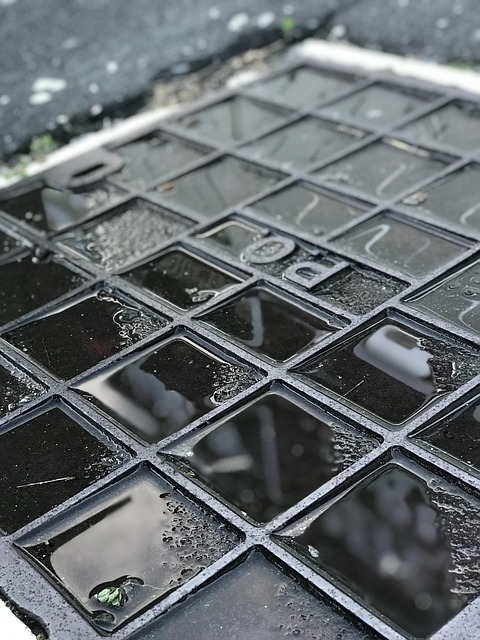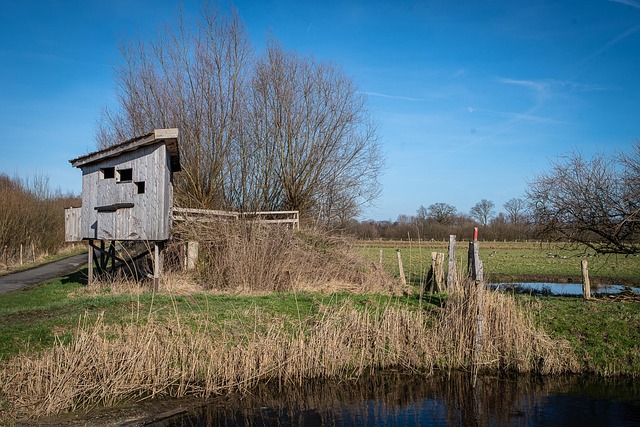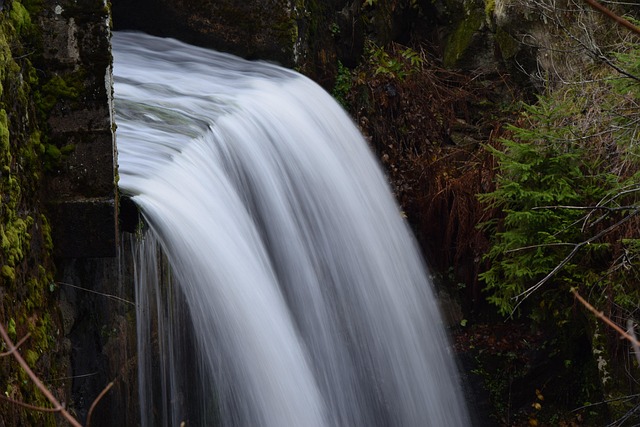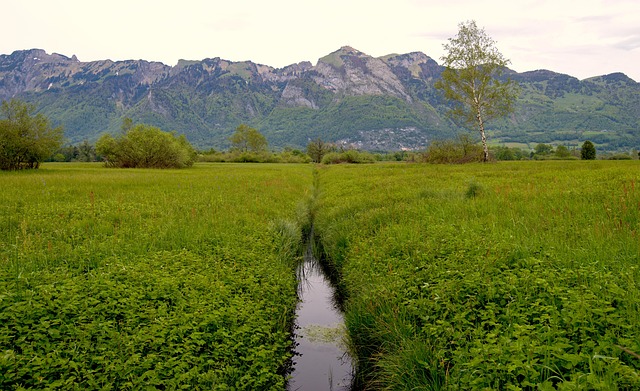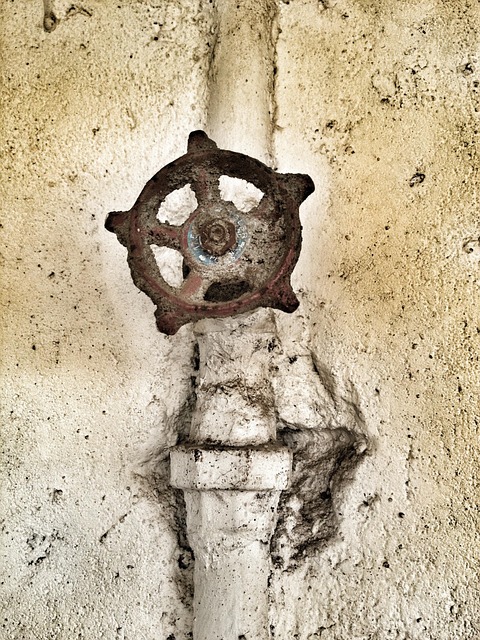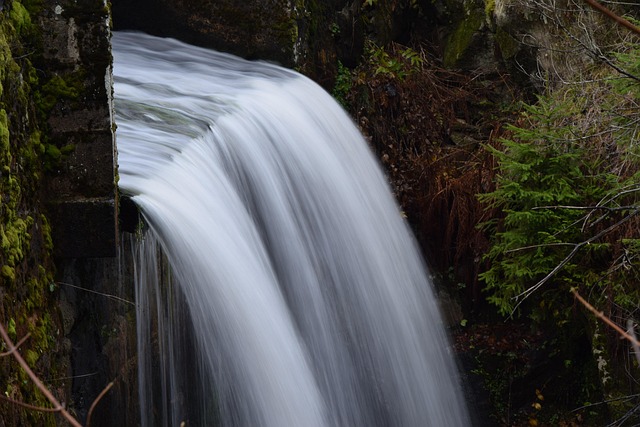Portland, Oregon, prioritizes sustainable water management due to its unique geography and climate. French drain installation is a key strategy, redirecting stormwater from impervious surfaces into underground channels. This method reduces flooding risk, promotes groundwater recharge, and minimizes pollution, making it ideal for properties at risk or seeking eco-friendly drainage practices. By integrating French drains and biodiversity-focused landscapes, Portland creates resilient infrastructure that supports environmental health, infrastructure integrity, and a vibrant urban ecosystem. Effective Portland OR French Drain Installation is vital for managing water runoff, preserving natural resources, and ensuring the city's longevity.
“Explore effective eco-friendly water runoff management strategies in vibrant Portland, OR. This city has pioneered sustainable practices, especially through innovative French drain installation, revolutionizing urban drainage. Our article delves into the unique approach of Portland, highlighting how these systems mitigate flooding and pollution while conserving water resources. We examine the benefits of sustainable solutions and provide best practices for urban areas, offering valuable insights for those interested in Portland OR French drain installation.”
- Understanding Water Runoff Management in Portland, OR: A Sustainable Approach
- The Role of French Drains in Eco-Friendly Water Management
- Benefits of Implementing Sustainable Water Runoff Solutions
- Best Practices for Efficient and Eco-Conscious Water Runoff Management in Urban Areas
Understanding Water Runoff Management in Portland, OR: A Sustainable Approach
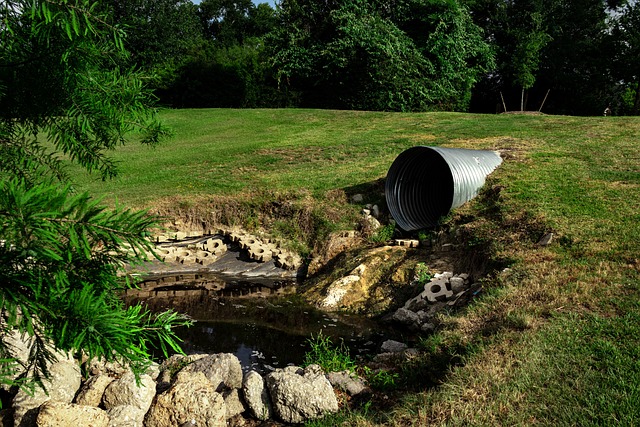
In Portland, Oregon, water runoff management is both an environmental imperative and a strategic approach to urban planning. The city’s unique geography and climate demand innovative solutions to mitigate flooding and ensure clean water for all residents. One of the most effective tools in Portland’s sustainable arsenal is the French drain installation, a time-tested method for capturing and redirecting excess stormwater runoff.
French drains work by directing water from impervious surfaces like roofs and paved roads into underground channels, preventing it from overwhelming drainage systems and local water bodies. This natural process not only reduces the risk of flooding but also allows for the gradual absorption of water into the soil, recharging groundwater supplies. By integrating French drain installations throughout Portland’s urban landscape, the city aims to create a resilient, eco-friendly infrastructure that supports both environmental health and community well-being.
The Role of French Drains in Eco-Friendly Water Management
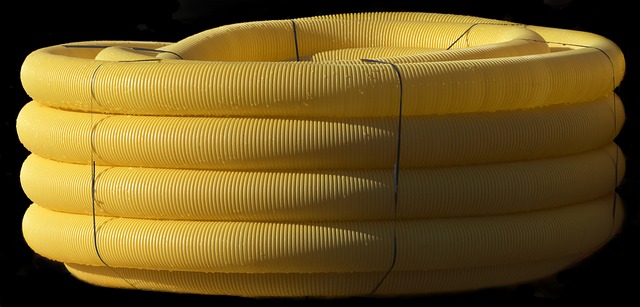
In Portland, OR, eco-friendly water runoff management is a growing priority, and one effective tool in this strategy is the use of French drains. These drainage systems are designed to redirect water away from buildings and landscapes, preventing erosion and flooding while also conserving valuable resources. By installing French drains, Portland residents can effectively manage stormwater runoff, reducing the strain on local sewage systems and minimizing pollution that often results from traditional drainage methods.
French drain installation in Portland OR involves carefully planning and strategically placing perforated pipes buried beneath the ground. This allows rainwater to seep into the pipes, where it is then directed towards specific outlets, such as sump pumps or storm sewers. The process not only helps in managing water during heavy rainfall but also promotes groundwater recharge, contributing to a more sustainable water cycle. Portland’s diverse climate and rainfall patterns make French drains an ideal solution for properties prone to flooding or those seeking to adopt greener drainage practices.
Benefits of Implementing Sustainable Water Runoff Solutions
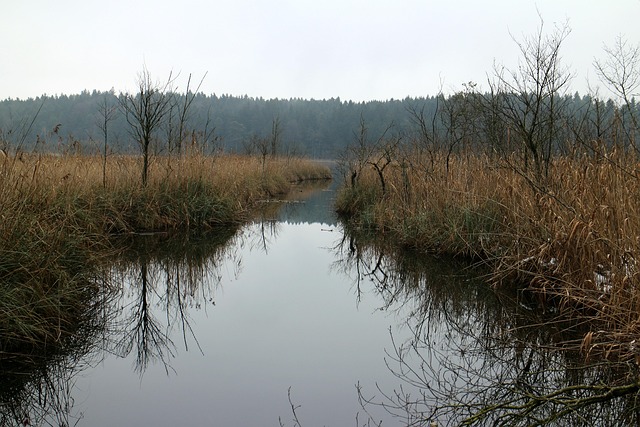
Implementing sustainable water runoff solutions, like French drain installation in Portland, OR, offers numerous benefits for both urban environments and natural ecosystems. These systems are designed to capture excess stormwater, allowing it to soak into the ground or be collected for reuse. By adopting these practices, cities can reduce the strain on municipal drainage systems, minimizing flood risks during heavy rainfall events.
Moreover, sustainable water runoff management practices promote environmental health by filtering pollutants before they enter water bodies. This helps preserve local rivers, lakes, and streams, ensuring a cleaner and more vibrant urban landscape. In Portland, where biodiversity is a priority, these solutions support habitats for native plants and wildlife, fostering a healthier, more resilient ecosystem within the city limits.
Best Practices for Efficient and Eco-Conscious Water Runoff Management in Urban Areas

In urban areas like Portland, OR, efficient water runoff management is crucial for both environmental sustainability and infrastructure preservation. Best practices involve integrating eco-conscious solutions that mimic nature’s processes. One effective method is implementing French drain installation, a sustainable approach to directing rainwater away from buildings and paved surfaces. These drains, typically made of perforated pipes buried beneath the soil, allow water to infiltrate naturally, reducing surface runoff and erosion.
Additionally, promoting biodiversity-friendly landscapes encourages native plants that require less maintenance and water. Such landscapes act as natural filters, absorbing excess water and supporting local ecosystems. Combining French drain installation with strategic planting can significantly enhance water management, ensuring Portland remains a vibrant city while preserving its natural resources for future generations.
Portland, OR, serves as a model for sustainable water runoff management, utilizing innovative solutions like French drain installation to mitigate urban flooding and pollution. By embracing eco-friendly practices highlighted in this article—from understanding local hydrological systems to implementing best practices—residents and cities can ensure a healthier environment and a more resilient future. Integrating these strategies not only benefits the ecosystem but also fosters a harmonious coexistence between urban development and natural water cycles, making Portland an inspiration for sustainable practices nationwide.
